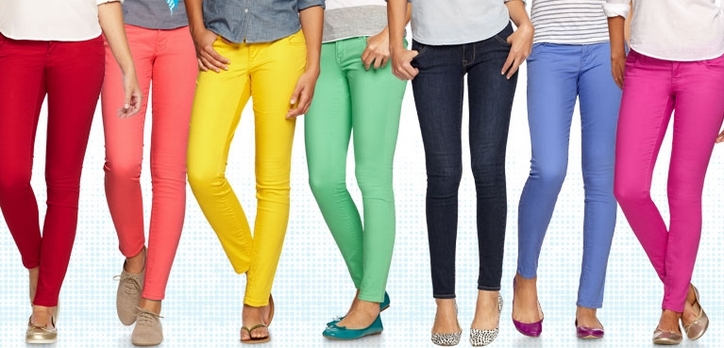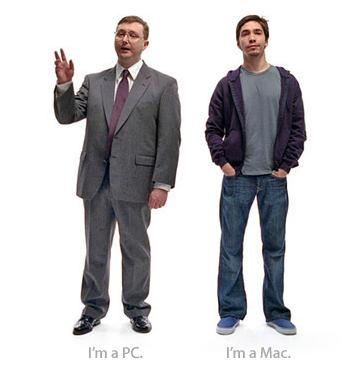As consumers, we aim to search for the latest trends and best deals, and can’t help but try to believe we buy whithin our own personal style. However, not everyone seems to think this way. According to Damien Cave, the more we buy the less we stay true to ourselves and differentiate from the rest.

In this article, the author states how consumerism is destroying us as productive individuals, aiming for our authenticity and individualism. He claims “shopping has become a whole day event, a way to spend time (in line) rather than reading, having conversations or expanding culture.” He specifically refers to Old Navy and Ikea and how buying in such stores steals our identity from us by tricking us into buying bad quality yet “trendy” products.
However, I disagree with Cave, as most consumers are completely aware of Old Navy’s or Ikea’s low quality products, yet decide to shop there after all. Ikea, for example, is not just selling the product; it is also selling efficacy, convenience, and availability. As Cave states, brands are “selling you an idea or lifestyle” which I don’t believe is a negative thing. That is what many consumers are looking for, they don’t care about being authentic or outshining the rest of consumers. The fact that people are getting what they need in just ONE place saves them a lot of time and effort.
“On Sale at Old Navy: Cool Clothes for Identical Zombies” by Damien Cave





